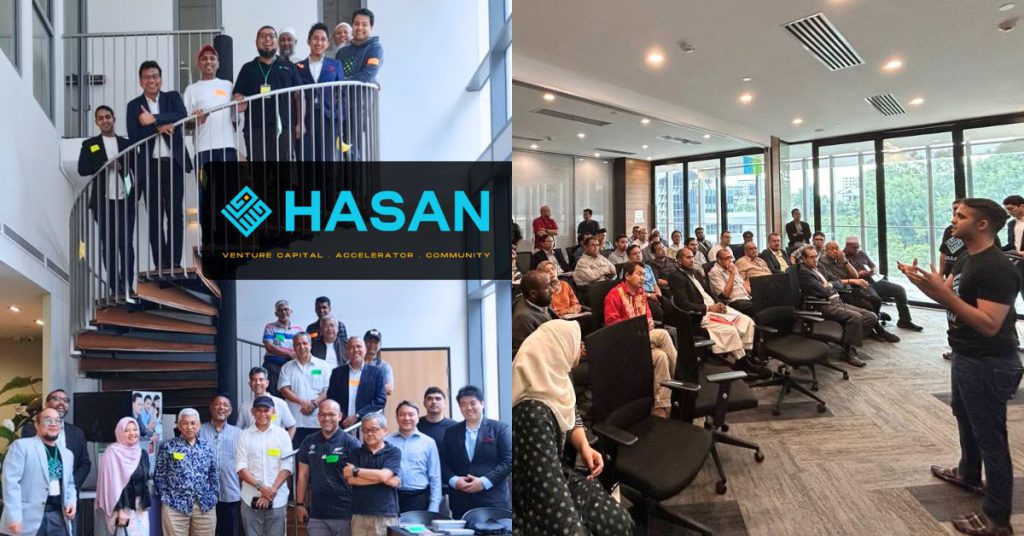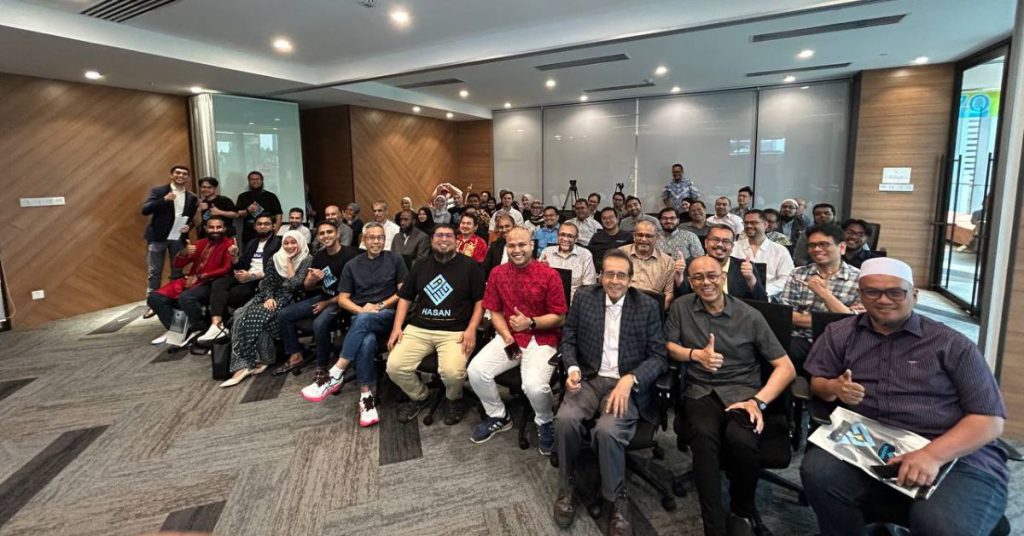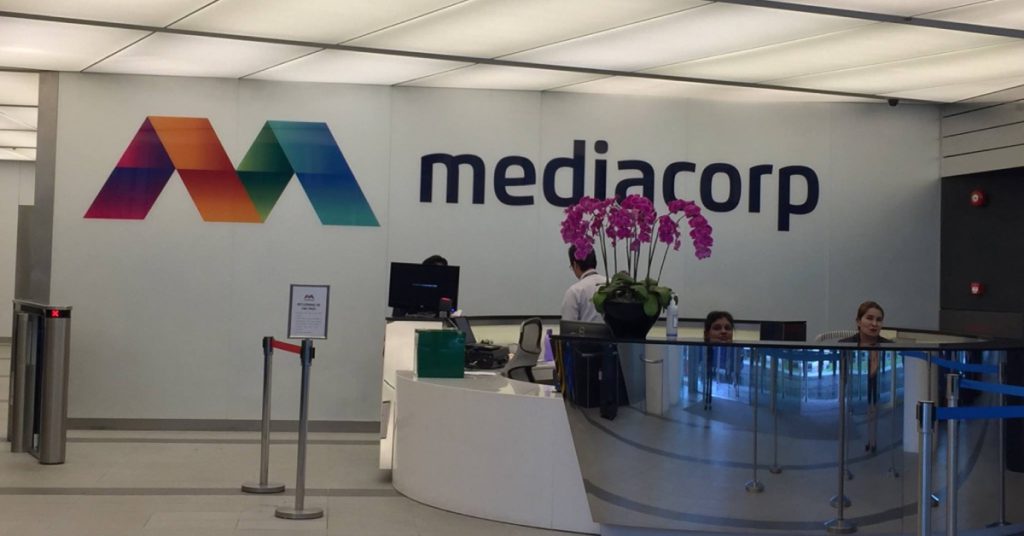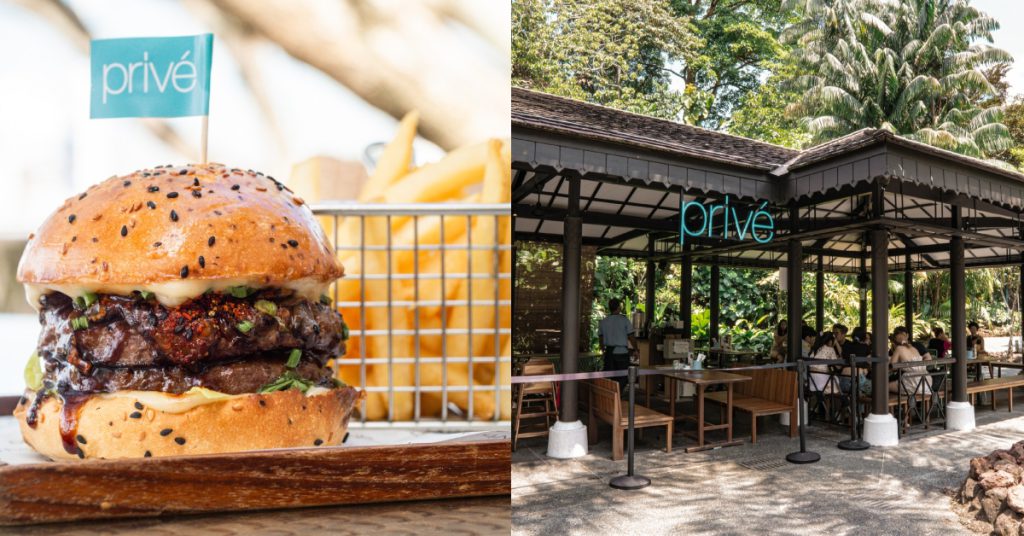In 2014, Ethis began as an Islamic crowdfunding group designed for Muslim and ethical investors, a core mission that still continues today.
The Malaysian-headquartered platform invests in startups and companies that adhere to Islamic finance standards, bolstered by a syndicate of angel investors comprising Islamic industry leaders and enthusiasts.
Ethis now takes its mission of funding halal businesses one step further with the launch of HASAN, its venture capital (VC)-accelerator initiative aimed at empowering angel investors and halal startups.
Speaking to Umar Munshi (co-founder of Ethis Group and managing partner of HASAN) and Mohamad Akhtaar bin Abdul Ghani (HASAN’s Head of Accelerator and Investor Relations), they explained:
“Within this ecosystem, angel investors [can] find purpose and opportunities in supporting halal startups through [HASAN’s] VC fund, while entrepreneurs gain access to essential resources and expertise to fuel their ambitions.”
A natural progression
Emerging from the angel network that Ethis has built over time, HASAN boasts a community of 300 limited partners that have invested millions in 15 innovative startups through two funds.
And now through HASAN, this network has further evolved into a comprehensive halal venture capital fund with an accelerator.

The market validation for starting HASAN, the team shared, is from the growing demand for halal investments.
They pointed out that the global halal economy is expected to grow to reach US$3.1 trillion by 2027 (4.8% compound annual growth rate), according to the State of the Global Islamic Economy Report 2023/4.
And with the emergence of Islamic startups comes the need for specialised investment vehicles with ethical and Islamic investing principles.
“Over the past two years, traditional VCs have increasingly directed their investments towards Islamic startups, from Tim Draper investing in Takadao to Tabby securing US$200 million Series D from Wellington Management, and the list goes on,” the HASAN team elaborated.
“This shows that Islamic startups are investible and scalable with great room for market expansion.”
HASAN’s investment approach will focus on early-stage tech and tech-enabled companies that offer simple, scalable business models within the halal economy, primarily focusing on the SEA and MENA (Middle East and North Africa) regions.
Supporting the halal economy
The term halal VC fund is something quite new and hence still evolving, but the core of it is quite simple. Essentially, halal VC funds are those that hold true to the core principles of Islamic finance.
To HASAN, halal VC firms prioritise businesses that operate according to Islamic principles. This includes adhering to Shariah-compliant activities, using Shariah-compliant terms and investment contracts, and applying Shariah screening during the vetting process.
Similarly, halal startups would be ventures that align their products, services, and operations with Islamic principles and values.
The HASAN team added, “While not always mandatory, obtaining halal certification from a recognised authority and having Muslim leadership can increase consumer trust and market access.”
That said, companies founded or run by non-Muslims can still succeed in the halal economy, provided that their products and services align with Islamic values.

HASAN’s angel network has already supported numerous well-known businesses in the halal economy, including TheNoor, which is a comprehensive Islamic lifestyle super app designed to support Muslims in Malaysia and beyond in their daily activities.
There’s also du-it, a local Shariah-complaint B2B buy now, pay later (BNPL) platform.
Accelerating halal businesses
The HASAN Accelerator will offer an eight-week online programme, to run every six months for the next two years, focusing on key regions in the Muslim world.
Its first cohort is set to begin in May 2024, and will end with ten startups receiving funding in exchange for an equity stake.
Investments aim to cover a range of industries from tech to halal lifestyle solutions, with fundings between US$60K and US$250K.
The programme seeks to be “distinctively holistic”, combining financial support with strategic advisory services, mentorship, and a large database of over 60 million Muslims through its partners. This can help startups better identify trends in the Muslim community.
“This integrated model addresses a key challenge faced by Muslim owned startups: the need for a comprehensive ecosystem within the halal economy that simultaneously provides capital and strategic guidance,” Umar Munshi said.
Interested entrepreneurs can explore more opportunities on HASAN’s website or reach out to Ethis’ company WhatsApp.
Featured Image Credit: HASAN











